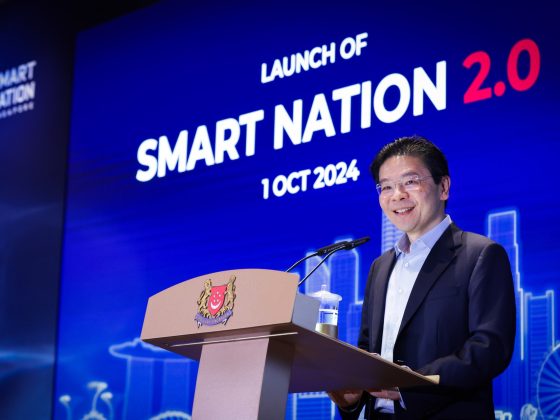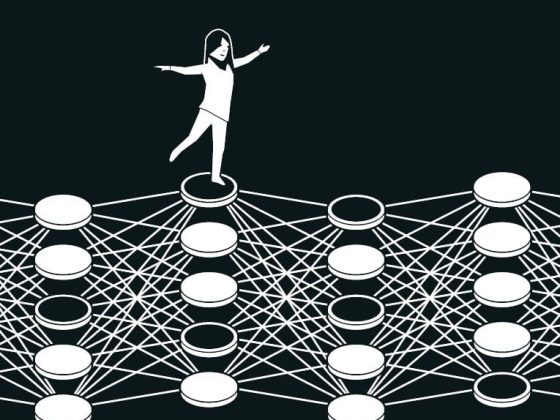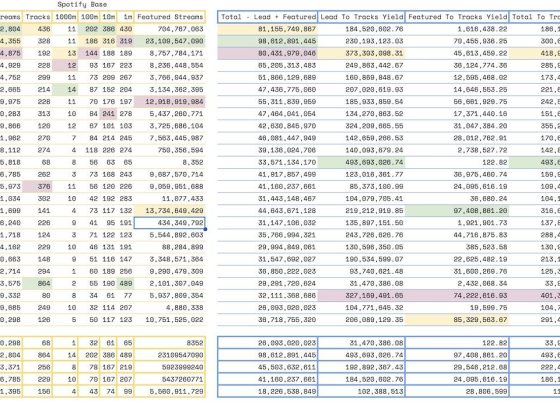According to a cybersecurity expert, there are real-life lessons to learn from Empire’s downfall.
Hsinchun Chen, professor of management information systems at the University of Arizona, has spent 27 years researching cyber security and leads a project called “Hacker Web” to explore international hacker communities, including those in Russia, China, and the United States.
From our partners:
Chen says the theft of architectural plans isn’t just the stuff of fiction and, in fact, “probably the most obvious case for why countries hack each other is intellectual property, or IP. Deliberately stealing information about your drawings or your engineering designs or your scientific instruments, that’s all intellectual property.”
In government, he adds, this kind of theft is virtually inevitable.
“There are only two types of organizations: Those who have lost their data and know it, and those who have lost their data but don’t know it,” Chen says.
While we don’t yet know how the Rebel Alliance managed to succeed, Chen knows exactly what he would have told the Empire to avoid theft of its IP.
1. You’re only as strong as your weakest link.
Within companies, governments, and universities, all it takes is one person to allow a breach. “In a big organization with thousands of employees or more, like a government, you will be breached, and you’re only as strong as your weakest link,” Chen says.
How could the Empire rid itself of weak links? “Education and rigorous information assurance practices help,” Chen says.
2. Know their strengths—and your weaknesses.
“Unfortunately, the adversaries are getting more sophisticated and more interconnected—they’re always exchanging information,” Chen says. “You have to be very diligent in collecting information about your vulnerabilities and your adversaries.”
The Empire should have invested a significant amount of time, money, and effort to understand its enemy’s strengths and its own weaknesses.
3. Protect what matters most.
The Empire may have had masses of data, but not all data is created equal. Chen believes that dedicating your best security resources to your most valuable data—such as the plans for the Death Star—is paramount. “Protect your most important, critical assets,” he says.
4. Don’t just defend, prevent.
“Cybersecurity has changed from a very defensive mentality to a more holistic and more preventative mentality,” Chen says.
While the Empire ends up fighting to protect the Death Star (and losing), Chen recommends taking stronger preventative security measures from the start.
Source: University of Arizona
This post originally appeared in Futurity.
For enquiries, product placements, sponsorships, and collaborations, connect with us at [email protected]. We'd love to hear from you!
Our humans need coffee too! Your support is highly appreciated, thank you!








